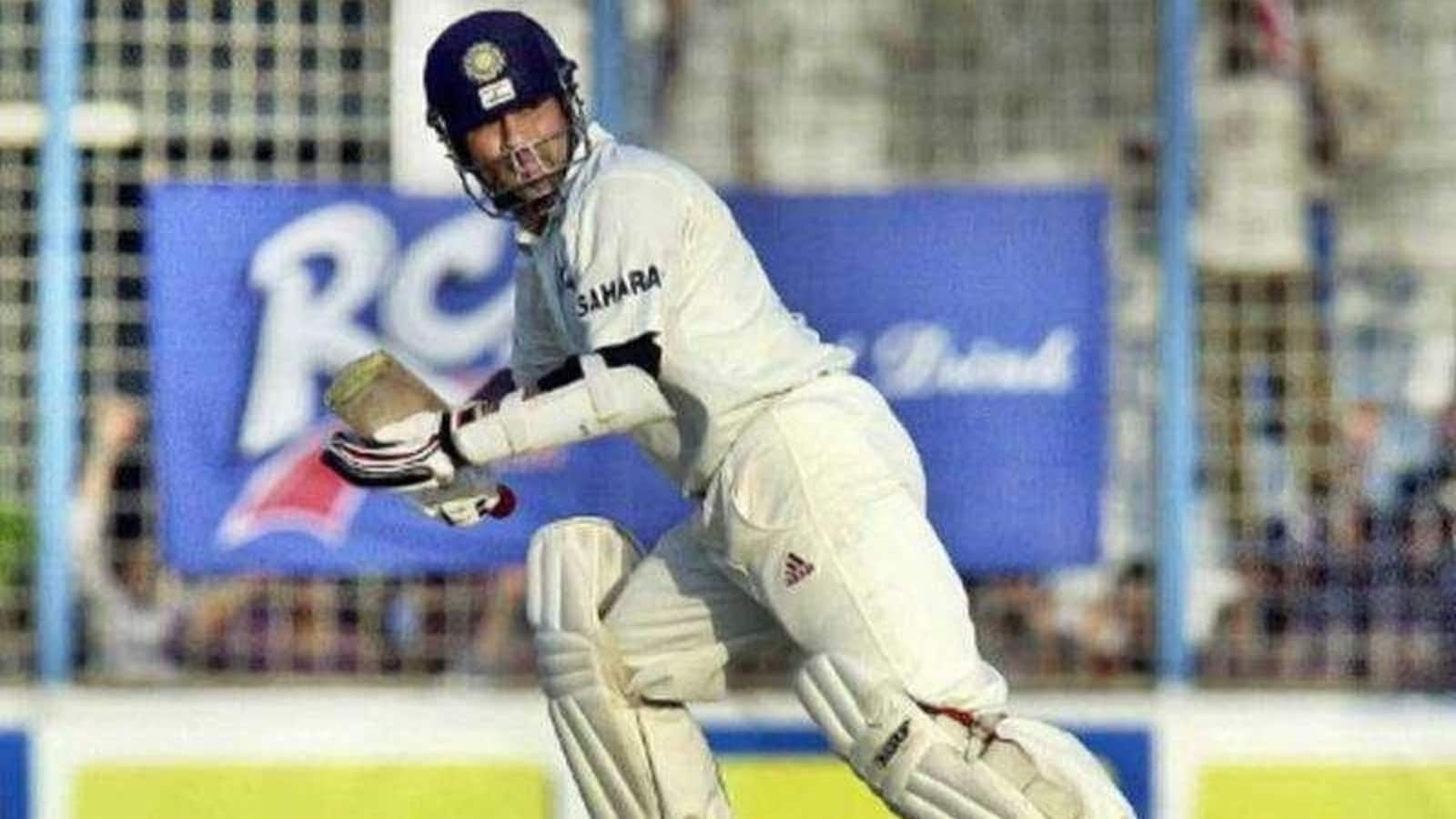
When Rahul Dravid's declaration decision denied Sachin Tendulkar double-century
What's the story
The 2004 India-Pakistan Test match in Multan marked a significant event in cricket history. It was during this match that Virender Sehwag scored a record-breaking 309, becoming the first Indian to slam a triple-century. However, another incident from this Test also sparked considerable discussion. Rahul Dravid, who was captaining the team due to Sourav Ganguly's absence, made an unexpected decision to declare India's innings at 675/5. Sachin Tendulkar, who was batting at 194*, was devoid of a double-ton.
Dressing room reactions
Chopra reminicses the event
Tendulkar, who was nearing his double century, was disappointed with India's early declaration. Aakash Chopra, a former India opener who played in that Test, recently shared his recollections of the dressing room atmosphere following Dravid's declaration. He revealed that Tendulkar was "unhappy" with the decision and something "wasn't right." However, he clarified that while Tendulkar didn't lose his temper, his dissatisfaction was evident.
Team decision
Chopra suggests team management's involvement in decision
Chopra stated that the decision to declare the innings could have been a collective one by the team management, not just Dravid's. He noted that Ganguly was present in the dressing room during this time. Despite not playing in that game, Ganguly was pivotal to India's leadership group. "Rahul did call, but Dada (Ganguly) was part of the dressing room that day too," Chopra stated on YouTube channel 2 Sloggers.
Information
India claimed an innings win
India later won the match by an innings and 52 runs. Pakistan received a follow-on after being bowled out for 407. They perished for 216 in the second innings. Sehwag was adjudged the Player of the Match for his historic triple-century.